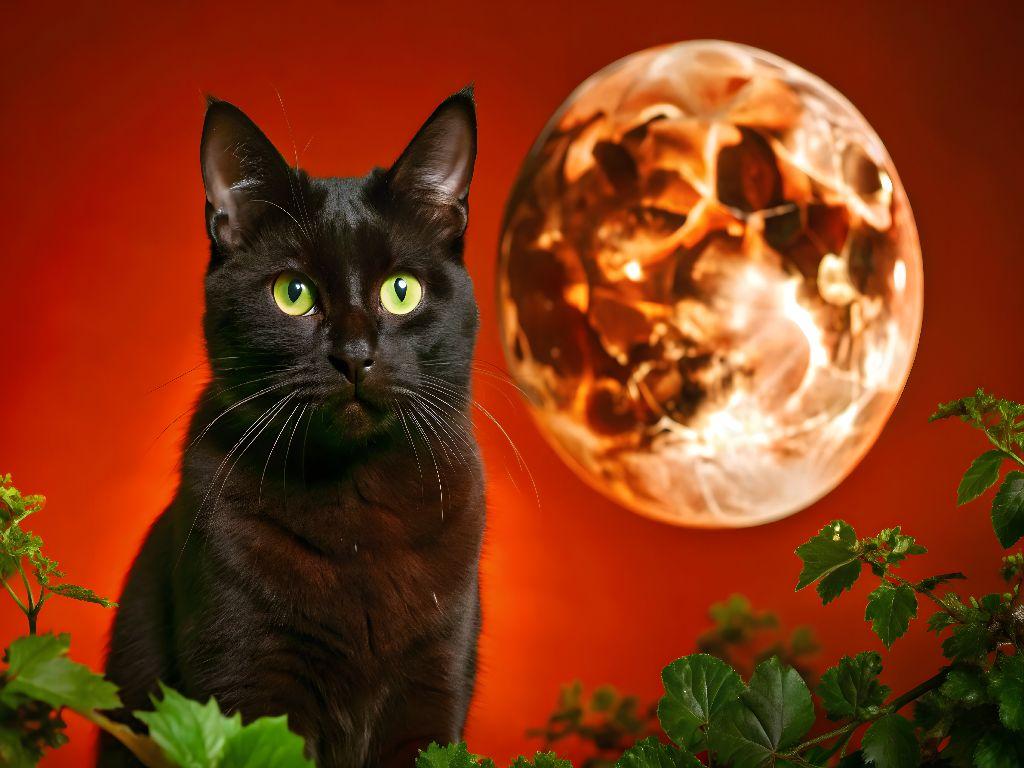Superstition

Superstition
Folk Belief / Magic / Esotericism / Psychology / Religion
Definition:
Superstition refers to beliefs or practices based on magical thinking, traditional lore, or non-scientific causality. It often involves customs believed to bring good luck or ward off misfortune. The term historically had a negative connotation, used to distinguish irrational beliefs from “true” religious faith.
Common Examples:
-
Unlucky numbers (e.g., 13)
-
Black cats crossing your path
-
Breaking a mirror → 7 years of bad luck
-
Four-leaf clovers, lucky charms
-
Spilled salt, walking under ladders, knocking on wood
Historical Origins:
-
Rooted in ancient magic, astrology, and folk rituals
-
Labeled as superstition by Christian authorities when diverging from doctrine
-
Rejected during the Enlightenment as irrational or primitive
-
Seen in anthropology and folklore as part of cultural traditions
Psychological & Esoteric Views:
-
Psychology sees superstition as a coping mechanism in uncertain situations
-
In esoteric traditions, many superstitions are integrated into symbolic or energy-based worldviews
-
The line between superstition and meaningful personal ritual can be blurred
Modern Relevance:
-
Still alive in popular culture (e.g., horoscopes, holiday rituals, sports rituals)
-
Used in media, storytelling, and humor
-
In spiritual or magical practices, sometimes consciously reinterpreted as empowered symbolic acts
Links:





